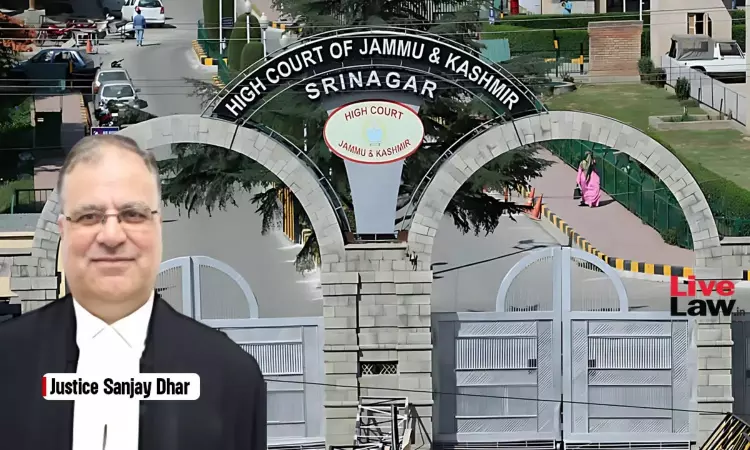Mediated Settlement Enforceable Only Upon Court Approval And Issuance Of Decree: J&K High Court
LIVELAW NEWS NETWORK
31 Dec 2024 7:45 PM IST

Next Story
31 Dec 2024 7:45 PM IST
The Jammu and Kashmir and Ladakh High Court has reiterated the enforceability of mediated settlements under the Jammu and Kashmir Mediation and Conciliation Rules, 2019 and emphasized that a settlement reached during mediation gains the status of a decree enforceable at law only when it receives the Court's approval and a decree is passed accordingly.Citing Rule 24 & 25 of the said...
